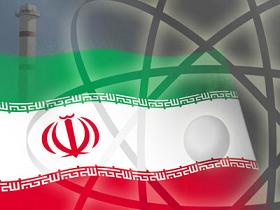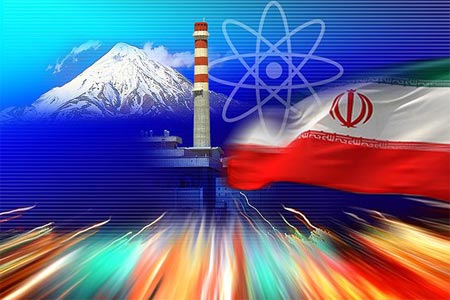New round of talks between Iran and the International Atomic Energy Agency (IAEA) kicked off in Vienna Friday.
 New round of talks between Iran and the International Atomic Energy Agency (IAEA) kicked off in Vienna Friday.
New round of talks between Iran and the International Atomic Energy Agency (IAEA) kicked off in Vienna Friday.
Iran's permanent representative to the agency, Ali Asghar Soltanieh and deputy of IAEA director general for safeguards Herman Nakaerts started negotiations at the venue of the agency in Vienna.
The agency's chief inspector Herman Nackaerts and deputy director general Rafael Grossi were meeting Soltanieh to try to get greater access to Tehran's contested nuclear program.
On May 21, IAEA chief Yukiya Amano visited Iran after talks in Vienna.
Afterwards, he noted that the two sides were close to a deal that would allow agency inspectors greater access to sites, people and documents tied to Iran's nuclear program.
Earlier this week however, he hinted that a deal might still be some way off.
During talks in Beijing Friday, China's President Hu Jintao urged his Iranian counterpart Mahmoud Ahmadinejad to cooperate with the IAEA, state Xinhua news agency reported.
Hu also called on Iran to be "flexible and pragmatic" ahead of talks with the so-called P5+1 world powers -- the United States, Russia, China, Britain, France and Germany -- in Moscow on June 18-19.
Talks between the P5+1 and Iran were revived in Istanbul in April and they met again in Baghdad in May, although little was achieved.
A key source of dispute has been Iran's enrichment of uranium to 20-percent purity, bringing Tehran consistently closer to producing the 90-percent enriched uranium required to make a bomb, according to Western powers.
On Thursday, Russia's President Vladimir Putin insisted Moscow supported Tehran's atomic program as long as it was "peaceful."
US Secretary of State Hillary Clinton meanwhile called on Iran to be ready to take "concrete steps" on its disputed program ahead of the Moscow talks.
Barring progress there, an EU oil embargo against Iran will come into force on July 1, adding to a range of sanctions imposed under UN resolutions.
Iranian officials have repeatedly said in recent months that making, owning and using atomic weapons is "haram" (forbidden) under Islam.
Iran's regime also insisted Thursday that Western powers must recognize Tehran's "right" to uranium enrichment if talks in Moscow are to advance.
